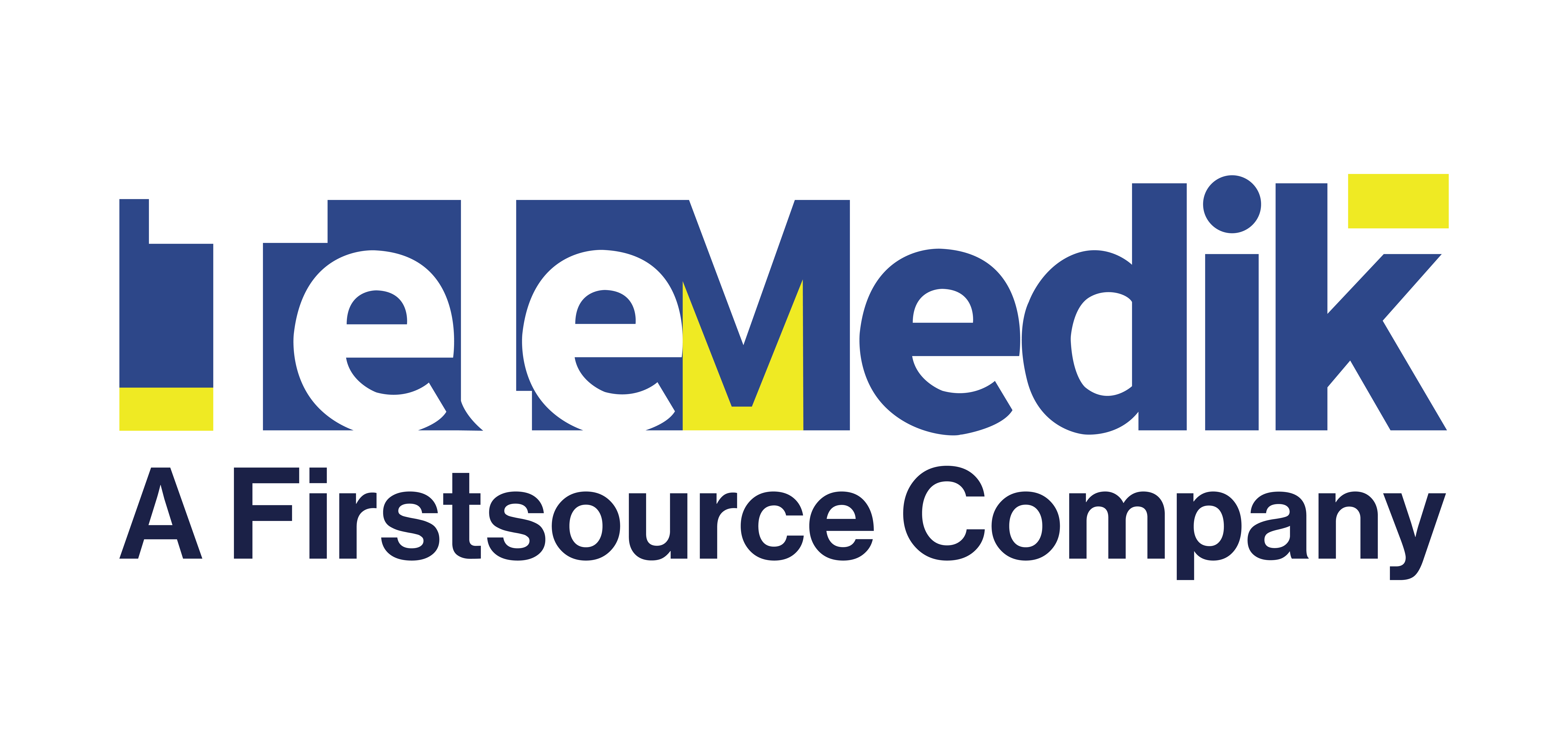In today’s ever-evolving workforce, continuous, self-directed learning is the key to ongoing professional success – which is why non-traditional students of all ages and stages in life are coming back to college in record numbers, for a variety of reasons. To earn a degree or update a credential; to get ahead in the job or change careers altogether.
Unlike their traditional counterparts – campus-based undergraduate students right out of high school – they are busy adults, balancing school with family and/or career. So they are more often than not looking for virtual program options that can be completed at any time, from anywhere, on any device. What’s more, they want personalized learning experiences that are empowering and effective, designed to connect the dots between what they already know and what they need to learn. Likewise, they look for learning environments that are engaging, accessible and affordable.
To meet this challenge, growth-minded institutions and organizations are collaborating with EdTech partners to become virtual gateways for lifelong learning and professional exchange, using smart technologies to create virtual solutions that are flexible, customized and quantifiable. And this approach will undoubtedly continue to gain traction as learners become ever more multi-dimensional and their needs increasingly nuanced.
The rapid rise of EdTech
That said, it’s no wonder that the global EdTech industry is booming. In fact, venture capital investment in EdTech companies has escalated globally from $7 billion in 2019 to $14.6 billion in 2020 to more than $20 billion in 2021 – fueled in large part by the pandemic. What’s more, analysts predict that this sector will only grow stronger as the demand for adult education and upskilling options continues to rise and technology becomes more sophisticated.
To drive these investments, while meeting lifelong learning needs, EdTech companies are busy developing innovative, new models for seamless access to robust learning platforms and high-quality content, integrated student learning experiences and high-touch service support. Models that are focused on building a much broader learning environment within and beyond traditional colleges and universities. Here are a few of the more inventive ventures to hit the learning marketplace over the past several years.
EdTech companies are busy developing innovative, new models for seamless access to robust learning platforms and high-quality content, integrated student learning experiences and high-touch service support.
Professional development as an HR benefit
In building a consistently competitive workforce, companies of all sizes are providing their employees with education benefits, typically in the form of tuition reimbursement and/or e-learning for a wide range of academic and professional development options. And to support their ongoing efforts, EdTech companies like Guild are connecting employers with learning providers to access high-value online learning experiences for their employees.
As such, this public benefit company has developed a trailblazing technology platform that provides some 80 universities with access to thousands of tuition-backed employees from among a network of Fortune 1000 companies, including Walmart, Target, Discover, and Disney. With that in mind, Guild enables these companies to customize a learning marketplace – comprising a wide range of online education options – that aligns with their strategic career pathways. Likewise, it uses the data it collects to keep its employer partners abreast of trends in working adult learners and in-demand skills.
In addition to supporting personalized professional development, this platform allows employers to make tuition payments up-front to save their workers from taking on debt. And as employees finish a course, Guild automatically loads the information into their personnel records to build a permanent “learning portfolio” that supports upward career mobility.
So, as the company puts it, the ultimate goal is shared success where everyone involved wins.
Course sharing without the common barriers
As traditional student enrollments continue to drop, small and mid-size colleges and universities are struggling to deliver in-demand programs on campus, while meeting the needs of the “new normal” – non-traditional learners who require online or hybrid options. To get what they want, their students frequently complete courses at other schools, in hopes of seamlessly transferring credits to augment their “home school’s” offerings – which is often iffy at best.
Consequently, EdTech companies such as Acadeum are creating digital platforms that empower like-minded institutional partners to efficiently share academic courses and streamline cross-institutional tuition payments. For students, it’s an opportunity to access and complete fully online courses, without losing time to graduation; interrupting financial aid arrangements; and/or stressing over transfer credit audits. For schools, it’s a way to generate much-needed revenue, by expanding in-demand programs, retaining students, and filling empty seats.
Education Technology Service support solutions that deliver big returns
High quality education technology support services will always play a vital role when it comes to improving retention and completion rates – whether online or on campus. Indeed, providing students with the tools they need to remain engaged in their academic journey, while powering through any barriers that might disrupt it keeps them moving forward.
Although most institutions furnish plenty of support services, students must find the time to access them in person – unless they are offered remotely. What’s more, as institutional budgets continue to take a hit, campus leaders are becoming more hesitant to expand costlier services, such as counseling and primary healthcare, which are often already taxed to the limit.
That’s why colleges and universities are turning to EdTech partners like The Virtual Care Group to bridge the gap and reduce the expense, while providing students online access to vital services. This unique digital service platform connects students on some 100 university campuses with quality telehealth services – anytime and anywhere – that are both high-touch and cost-effective.
Equally impressive, The Virtual Care Group has built a national network of 20,000 licensed behavioral therapists and board-certified physicians, with a variety of specialties, a fair number of whom are fluent in multiple languages.
Handpicked Related Content
Learn from the best…anytime, anywhere
The past decade has seen the rise of online learning platforms, designed to provide highly marketable credentials on-demand – from skills-building courses to professional certifications; bootcamps to degree programs – taught by top-rated experts in their fields. Not surprisingly, this innovative model has become a primary driver for self-directed, lifelong learning, by making world-class professional development accessible and affordable. Take Emeritus, for example.
This company collaborates with dozens of top-tier universities and industry leaders around the world to provide a wide range of high-impact learning options – in both virtual and hybrid formats, depending upon the need – for individuals, organizations and government entities. And in doing so, Emeritus helps employees and employers alike prepare for the future of work, by teaching in-demand skills in a way that promotes learner engagement through innovative content, as well as mentoring, coaching, and career counseling.
A student enrollment experience second to none
Of course, to enroll, engage and retain online students these days – particularly busy working professionals – colleges and universities are well-served to provide them with a seamlessly supportive experience, personalized to meet their individual learning needs. But that experience is still, for the most part, not only generic, but distributed across multiple units, with no clear handshake from one to the next – which often stands in the way of success.
To meet the challenge, EdTech companies like Firstsource are optimizing smart technologies, such as artificial intelligence, to build personalized surround system support across the learning lifecycle – from acquisition and onboarding, to engagement, retention and completion. As such, the Firstsource team of experts helps institutions map continuous, connected and individualized learning journeys, designed to identify needs and resolve issues as they arise.
They also furnish intelligent back office solutions, which facilitate student enrollment service support that is both data-driven and cost-effective. And to improve learning comes, Firstsource helps institutions develop and deliver highly effective, student-focused educational technology solutions, from platform development to adaptive learning to engaging content.
The result? Students meet their lifelong learning objectives, while institutions succeed in delivering life-time value on the learning investment.
Looking ahead…
As a 20-year veteran in the adult and virtual education space, I have written more than my share of both thought pieces and scholarly articles extolling the many benefits of and advances in technology-enhanced learning. But I never imagined that a global pandemic might become the tipping point for rapid, large-scale adoption – which could, in turn, open the floodgates for serious research and ongoing innovation in the field.
And as we make an ever more compelling case for harnessing the power of digital technology solutions to deliver the promise of education, the EdTech industry will continue to reshape the culture of learning with education technology-enhanced solutions that meet the needs of a rapidly changing world.
This article is written by Dr. Susan C. Aldridge, who currently holds the position of interim President at Thomas Jefferson University and has previously served as the President of Drexel University Online.











